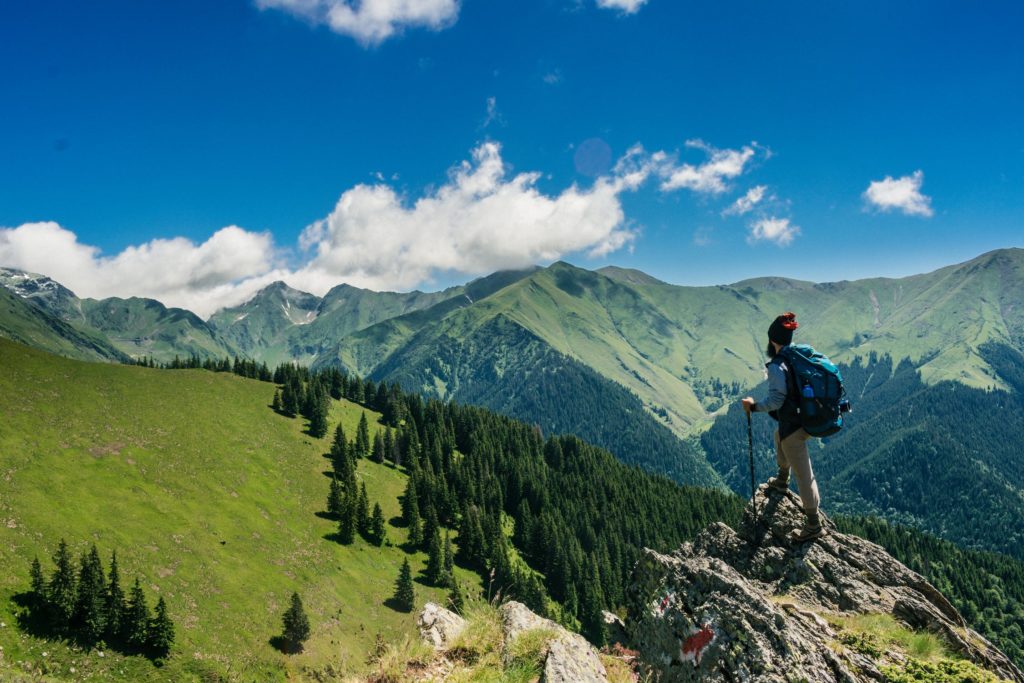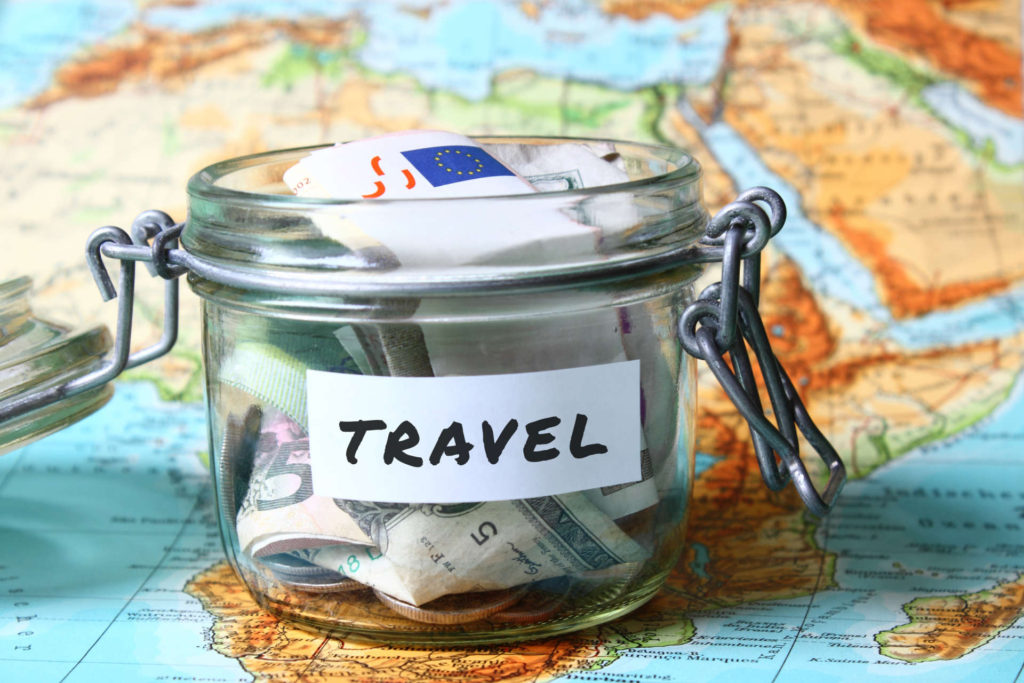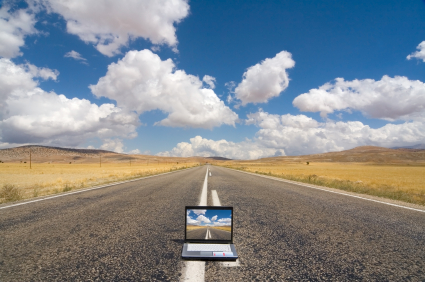
Have you experienced solo hiking in the woods? Many people become uneasy hiking alone because they are scared of the danger on the trail.
Let’s be realistic. There are always pros and cons to hiking solo. Let me share you my experience on the trail so that you can hike solo with confidence.
I’ve always been an avid hiker for years now, and I am aware that things can go wrong. Hence, I decided to give you some tips to stay safe on any trail.
Gains of Solo Hiking
I’ve learned that being out all by myself on the trail can also be very rewarding in multiple ways:
- I take responsibility for the successful adventure. I can say that “I did it” afterward.
- I have to rely on my knowledge and skills. Therefore, I develop them.
- Hiking alone gives me the chance to meditate and contemplate.
- Move on my own pace. I can do it as fast as I want or as slow as I desire.
- Being solo gives me more flexibility. I can change my pace and camp location or route.
- I have to take the challenge to push myself, hike farther and faster, build on steep trails and uncomfortable weather conditions.
- Solo hiking makes me overcome fears and meet with nature by spending time as long as I want.
Concerns about Solo Hiking
Traveling alone can also have potential drawbacks. However, you can address and overcome them before you proceed hiking alone.
- You are apart, and no one will be around to help you carry your gears. You might find it cumbersome, so pack light. Check out this video for wrapping ideas.
- Hiking solo can strike loneliness on your end. So, assess how it will affect you.
- You might experience having a massive heart alone because if people are around you, they are there to encourage you.
Tips to be Safe while Solo Hiking
To be safe on any trail requires careful planning and preparation. Check out some of the safety tips below for solo hiking:
- Bring your good hammocks, they are excellent gear for hanging out and camping. In case you worry about using them during the cooler months, carry on a hammock underquilt is a good option.
- Eat your meal a mile before setting up your camp. Then, secure the items that are smelly will give a tendency for you to be bothered by insects and rodents.
- Bring your map, compass, and GPS. The Global Positioning System is a convenient and efficient, and your map and compass will be your backup. Having this equipment will help you avoid getting lost.
- When you think you are lost, just STOP.
Stop
Think
Observe
Plan
- Be friendly but never be outgoing with people you have just met. You may want to bring a pepper spray or a knife in case a stranger or wild animal tries to attack you.
- Educate yourself on the behavior of the animals and how to handle them. Large animals like bears, wolves, and cougars attack if you step on their habitat. You may bring an air horn to scare off animals such as mountain lions. You may also take a whistle with you, blowing it three times may alert people and make them know that you need help.
- Wear your appropriate clothing and netting. Use insect repellent and be careful not to disturb the nests or hives. Always keep your eyes and ears open.
- Be sure to read or watch the weather updates. Wear the proper gear to protect you from the adverse weather effects. Do disaster preparedness.
- Have enough first aid kitand be knowledgeable on how to do it.
- Familiarize yourself with the area that you will hike. You can do it by researching the trails, wildlife range, water sources, weather patterns, elevations, bailout points, and private properties.
- Remember to stay on the trail because the cross country travel can be fascinating but makes it hard to find you, just in case, remember you are hiking solo.
- Before going on the hike, take a few steps like short day hikes, weekend outings, overnight trips, treks, and the like. It will make you more confident to go hiking solo.
- Make your detailed day-to-day plan to make your travel and hike well-planned.
- Think of “What if” scenarios, and plan your move.
- Leave your travel itinerary with anyone at home. Tell them your plans so that somebody from home knows your destination.
- Use a signaling device or tracking that tells the folks at home where you are.
- Learn from the experiences of past hikers by reading their trail journals.
Real Dangers on the Hike
Traveling in a group or alone, being in the wilderness poses dangers. Thus, being prepared on these is necessary when heading out. Take the tips that I gave you to be ready with the following situations.
- One of the apparent risks of solo hiking is getting lost because no one will check the map and read the directions. It makes it easy for you to lose track.
- The human attack is also a potential problem, especially if you are a female and you are doing a solo hike. An example of this is violence; verbal harassment; people that are acting weird and giving weird vibes.
- The animal danger is also common. An animal may attack you to protect itself.
- Insect bites are common. You may encounter a running snake on the trail.
- Natural events or calamities and catastrophes may strike such as storms (rain, wind, or snow); earthquakes; fire; falling limbs; lightning; and flash floods.
- No matter how prepared you are and how careful you are, an accident is always possible such as injuries; avalanche; hypothermia (the unexpected cold weather exposure); overheating for extreme temperatures, and more.
Dangerous Mistakes in Hiking
I am going to share you some common mistakes that solo hikers commit which you can prevent. You can also check this video for more information.
- The first common mistake that hikers commit is underestimating the trail. But, you can avoid it by hitting the gym and choosing the trail that is realistic to your level. Some hiking handbooks may help you.
- Another mistake is traveling off the trail. Note that even though you have hiked these woods many times, it is still risky to hike off the trail; you may get lost or injured.
- Abandoning the plan is also a common mistake that hikers do. In this situation, be watchful and determine when it’s time to start heading back safe.
- Many hikers fail to prepare, and one mistake can change how you will face such a situation. Gather the 10 essential things that you will need.
My Final Thoughts
Solo Hiking is an excellent opportunity for introspection and personal growth while on the trail.
Mainly, going at the pace of your own and planning your schedule. It gives you two gifts that come short nowadays: the time and space.
It feels invincible after a grueling hike, especially if you’re now standing atop. I can tell that you pushed yourself beyond your limits and you survived the unpredictable conditions.
What else can stop you right now?
If you appreciate this article, you might enjoy solo hiking as well. Post your comment in the box below. You may also include an illuminating anecdote in which we can learn from.
About the Author
Hi, I’m Demi. I do blogging on everything I know about enjoying and surviving the outdoors. Wherever you love to go, you will find interesting and informational articles on my blog. You can learn more about me here.


